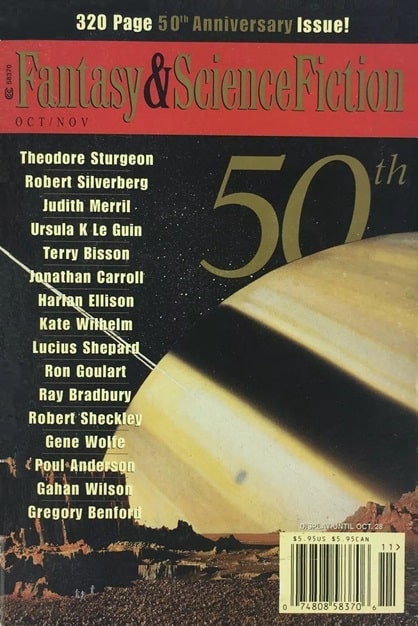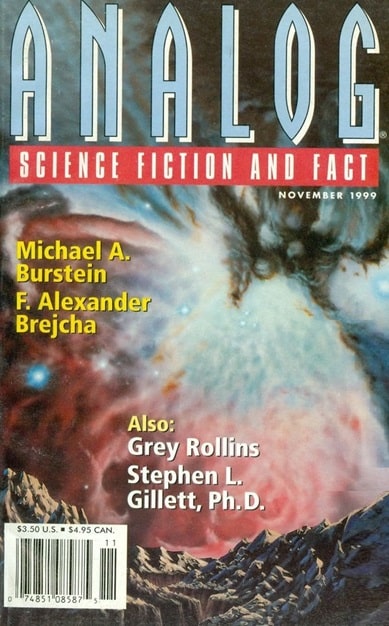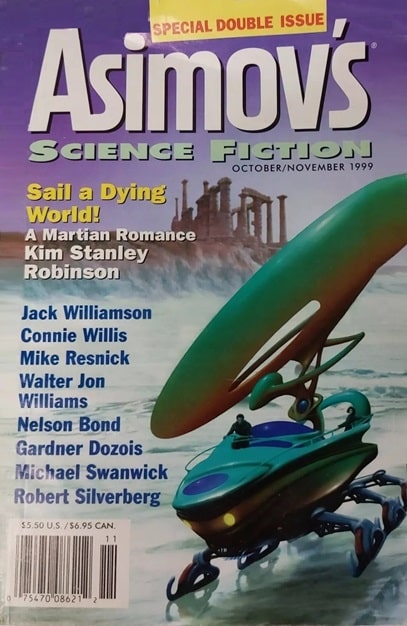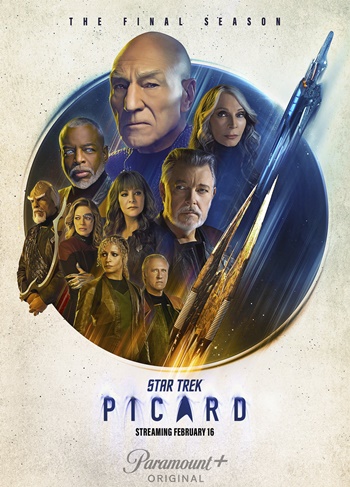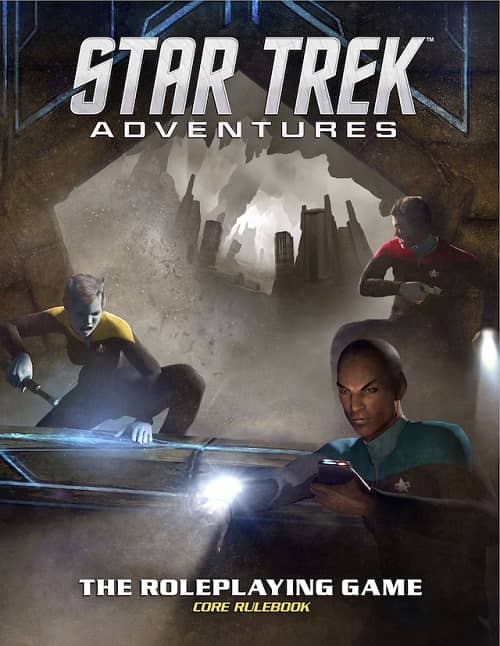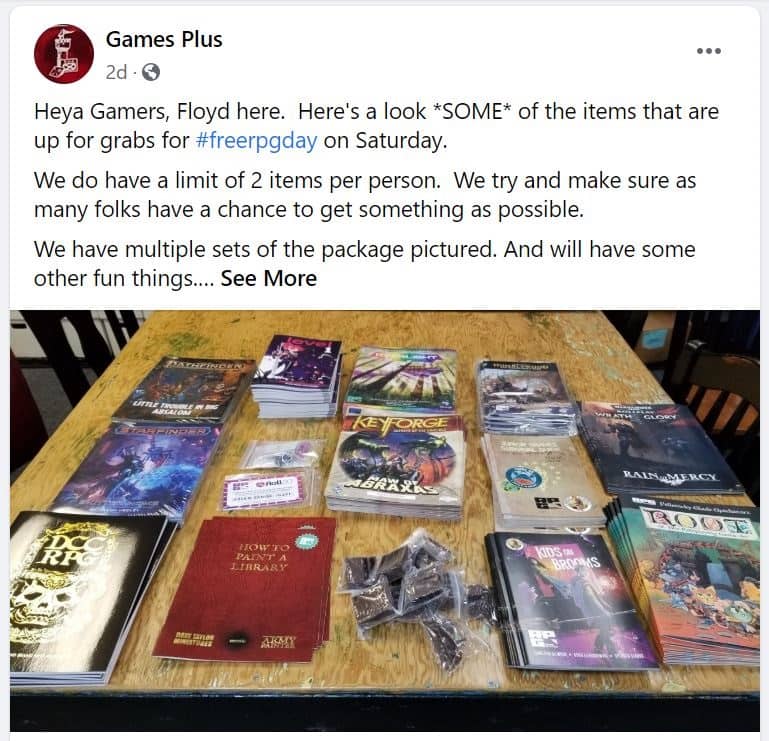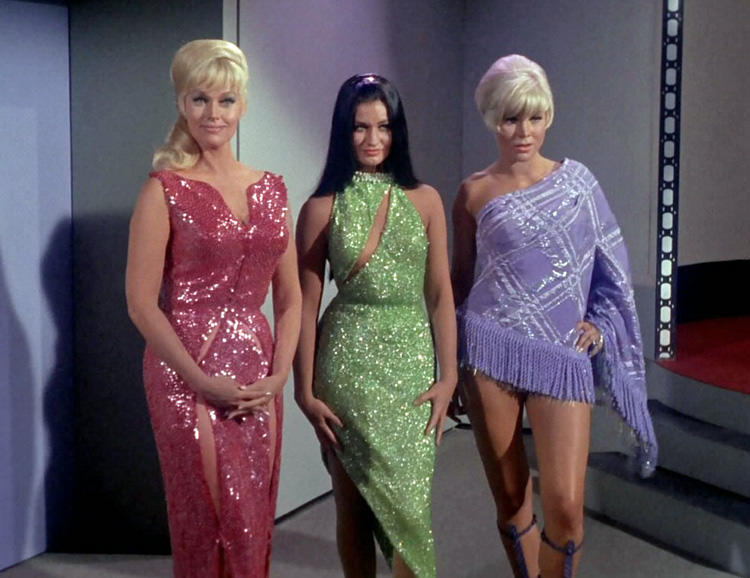
In an August 7th post on his Whatever blog, “Oh, Christ, Not the Science Fiction Canon Again,” John Scalzi said, “As a practical matter, the science fiction “canon” is already dead.” The term “literary canon” refers to a body of books, narratives and other texts considered to be the most important and influential of a particular time period or place. (The Daily Nebraskan)
For me, and this is personal experience, the field began changing when Star Trek brought a flood of women, fans and then writers, into the science fiction community. That was at the end of the 1960s, when the first show was running. I was hanging out in Devra Langsam’s living room in 1967 or 8, when the first Star Trek convention was being planned. I don’t know if her Spockanalia was the first ST fanzine, but it was damn close, and I was in one of the issues. I also had a story in Star Trek: The New Voyages, a collection of ST stories written by fans, which was published in 1976. (I want my ST credentials to be clear. The story is listed as being co-authored by me and Ruth Berman. I helped come up with the plot, but Ruth did almost all the work.)
I was away from SFdom while I lived into Detroit, though I published my first stories while I was in the Motor City. I rejoined fandom in the 1970s, when Patrick and I moved to the Twin Cities. Sometime, either in the late 70s or early 80s, I noticed that most of the fans of color and GLBTQ fans were coming from media fandom. It struck me as very important that media fans be made welcome in book fandom and at cons, or else fandom as I knew it was going to wither and die. I started doing GLBT panels and panels on race and science fiction. The GLBT panels went well mostly. The race panels were problematic, largely because there were too many white people on the panels, including me. I also did a few class panels. These tended to blow up, because the issue of class is both hidden and highly emotionally charged in the US. Race in also hidden, at least to white people, but it wasn’t a topic I could handle.
I must have been doing feminist panels in this period, but I don’t remember them, except one at Minicon when one of the women on the all-woman panel said, “We are never going back.” I said, “It is always possible to be pushed back. Look at Nazi Germany.”
…
Read More Read More
